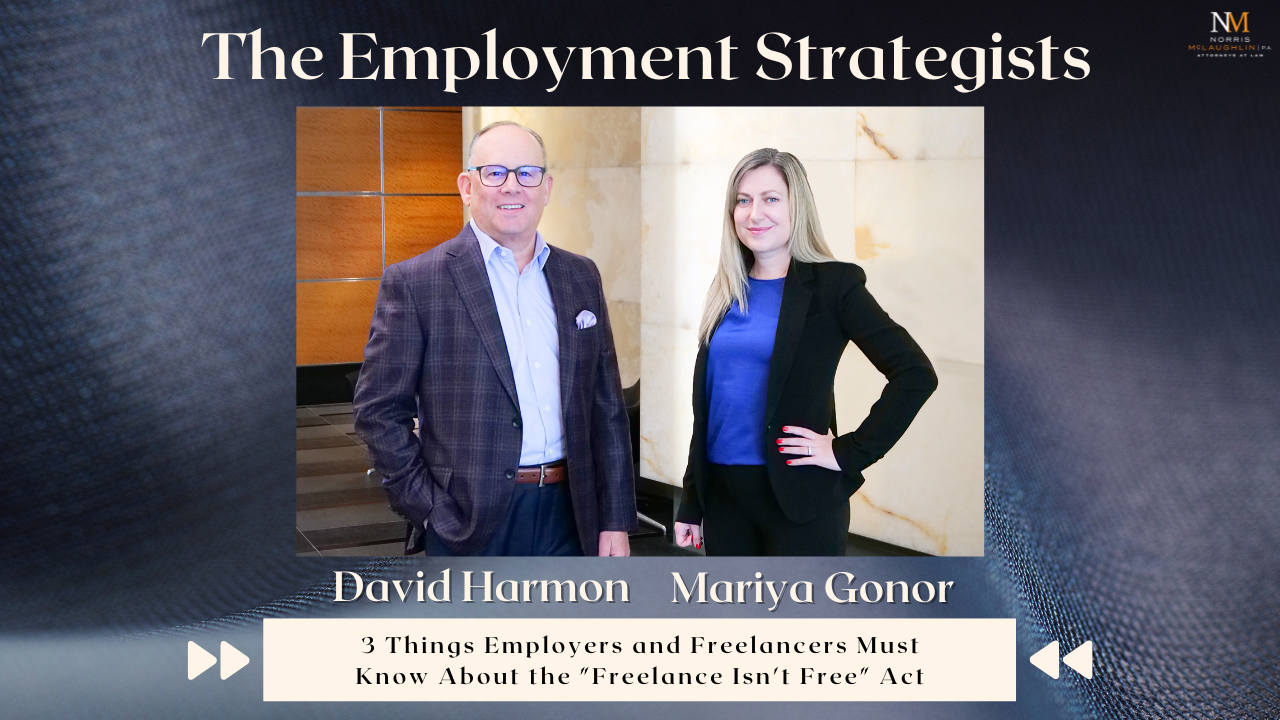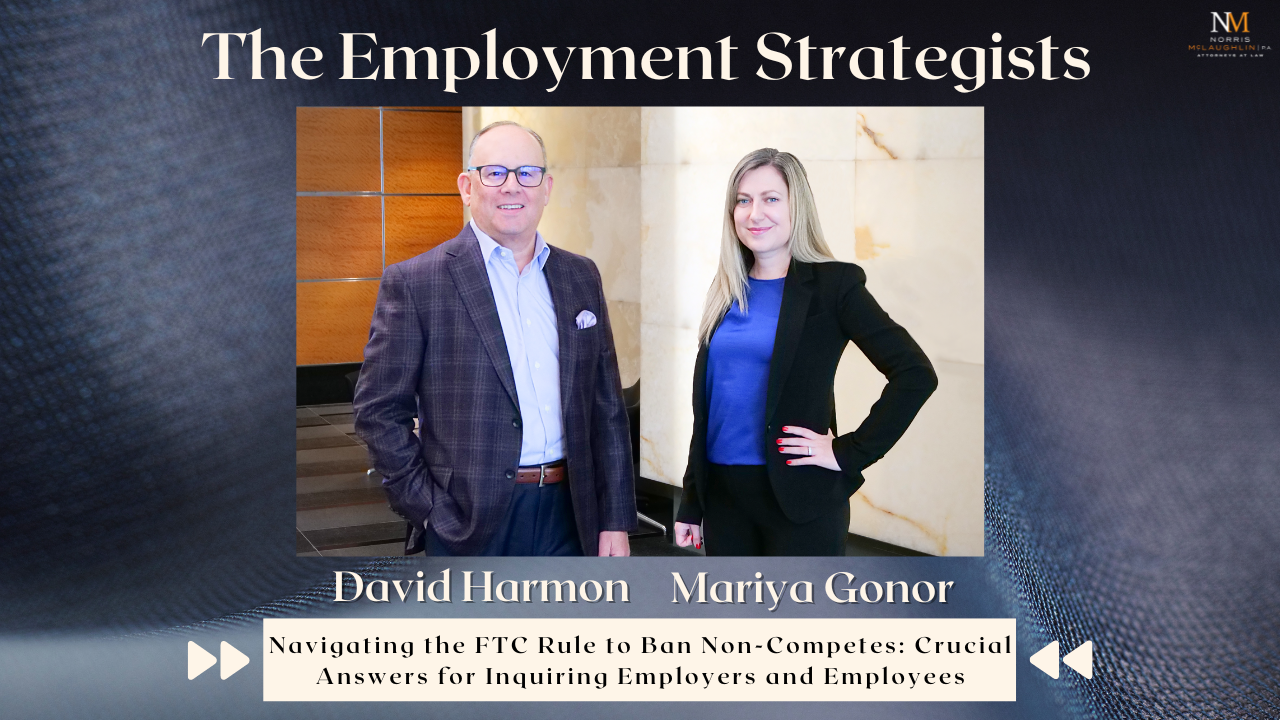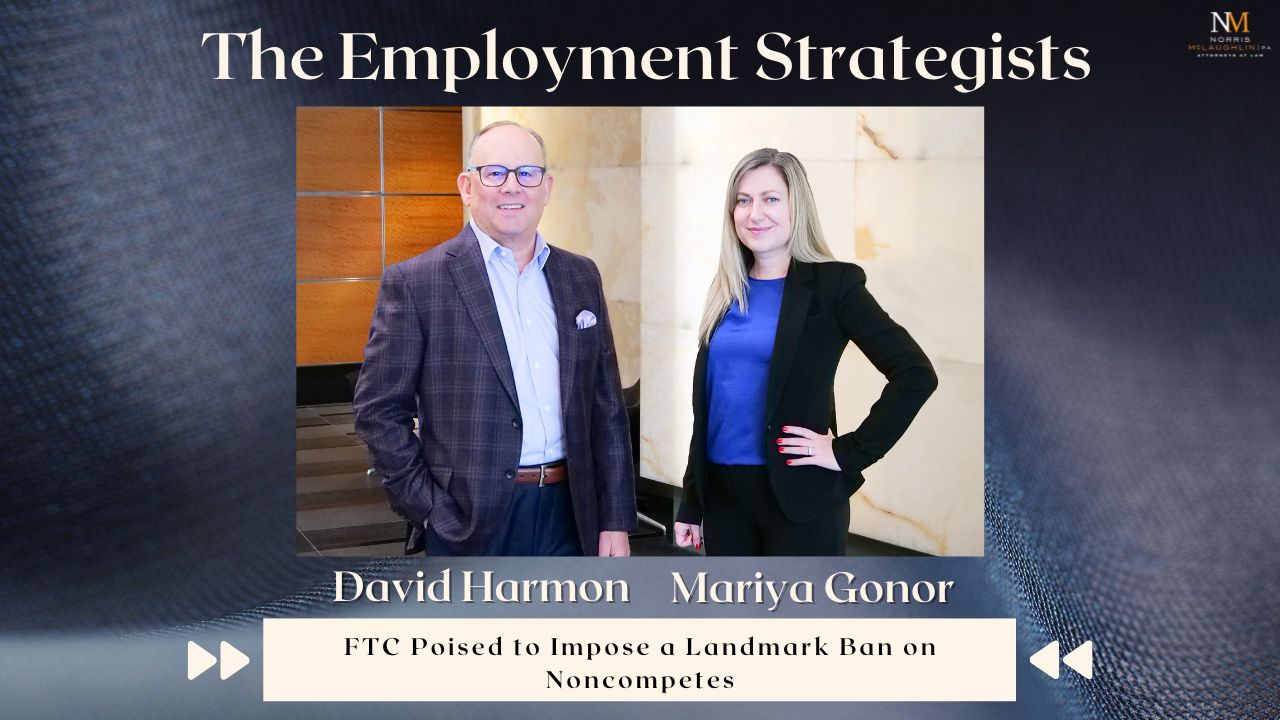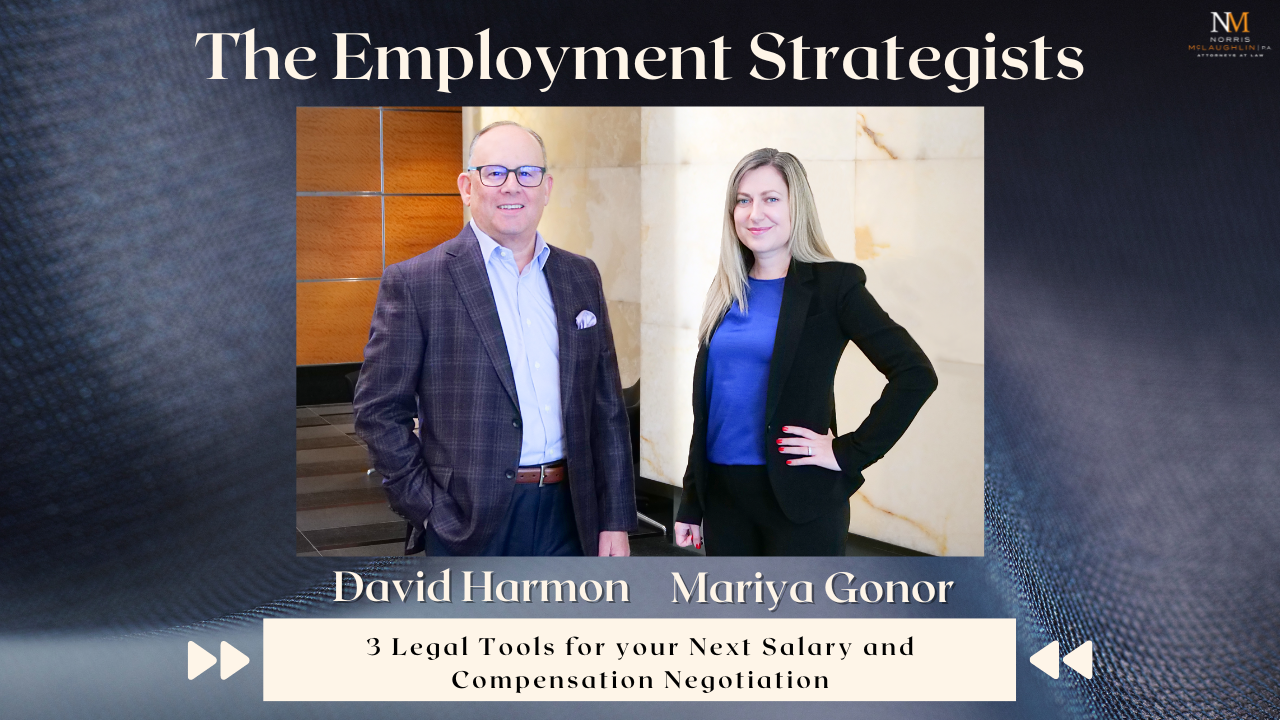3 Things Employers and Freelancers Must Know About the “Freelance Isn’t Free” Act

As New York gears up to implement the "Freelance Isn’t Free" Act on May 20, employers and freelancers alike should understand the crucial aspects of the legislation to ensure smooth compliance and avoid potential conflicts. Here are the top three things to know:
Written Contract Requirements
For Employers:
The Act mandates that engaging freelance services totaling $800 or more, either in a single project or cumulatively within 120 days, requires a written contract. This contract must explicitly outline the services to be performed, the rate and method of payment, and the payment due date. The New York Department of Labor indicated that samples of agreements will be available.
For Freelancers:
It’s essential to ensure that a written contract is in place before you commence work. This not only secures your right to timely and agreed-upon payment, but also provides a clear reference point should disputes arise.
Payment Obligations
For Employers:
Compliance with payment terms is critical. Payments must be made on or before the date specified in the contract or within 30 days after the completion of the service, whichever is earlier. Failing to do so can lead to hefty penalties, including potential double damages and legal fees payable to the freelancer.
For Freelancers:
You have a right to receive payments as stipulated in the contract. If payments are delayed, the Act provides mechanisms to claim what is due and owing, potentially including additional compensation for delays.
Protections Against Retaliation
For Employers:
The Act includes strong provisions against retaliation. Any actions that can be perceived as penalizing freelancers for exercising their rights under the Act, such as harassment or denial of future work, are prohibited. Such violations can result in serious legal consequences, including criminal charges.
For Freelancers:
You are protected under the Act from any form of intimidation or retaliation for asserting your rights, including filing complaints for non-payment or contract breaches. Understanding these protections can empower you to work more confidently and securely.
The "Freelance Isn’t Free" Act is a significant step toward recognizing and protecting the rights of freelancers in New York. By ensuring that contracts are in place, payments are made promptly, and rights are protected against retaliation, employers and freelancers can engage in more productive and secure professional relationships. For employers: be sure to review and adjust operational policies to align with these new legal requirements to avoid penalties. For freelancers: familiarize yourselves with the protections afforded by this Act. Doing so can enhance your negotiation and enforcement capabilities, ensuring fair treatment and compensation for your services.
For inquiries or further information, please don't hesitate to contact David Harmon and Mariya Gonor at TheEmploymentStrategists@norris-law.com.
Stream our podcast, The Employment Strategists, wherever you get your podcasts or by visiting our website!




